Search
Did you mean: Pelopidas?
Search Results
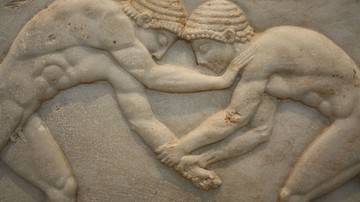
Definition
Ancient Olympic Games
The ancient Olympic Games were a sporting event held every four years at the sacred site of Olympia, in the western Peloponnese, in honour of Zeus, the supreme god of the Greek religion. The games, held from 776 BCE to 393 CE, involved participants...
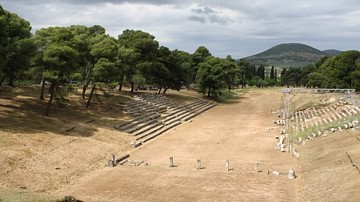
Definition
Stadium
In the ancient Greek world, the word stadium or stadion referred to a measurement of distance, a foot-race, and the place where the race was held and observed by spectators. The Great Games Greek sporting events were closely connected...
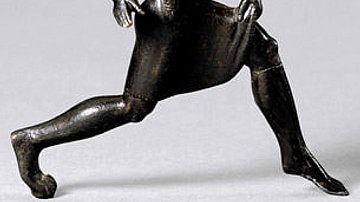
Article
Spartan Women
Spartan women had more rights and enjoyed greater autonomy than women in any other Greek city-state of the Classical Period (5th-4th centuries BCE). Women could inherit property, own land, make business transactions, and were better educated...
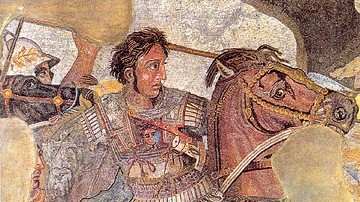
Definition
Alexander the Great
Alexander III of Macedon, better known as Alexander the Great (l. 21 July 356 BCE – 10 or 11 June 323 BCE, r. 336-323 BCE), was the son of King Philip II of Macedon (r. 359-336 BCE) who became king upon his father's death in 336 BCE and then...
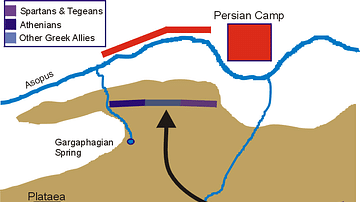
Definition
Battle of Plataea
The Battle of Plataea was a land battle between Greeks and Persians near the small town of Plataea in Boeotia in 479 BCE. Following up their naval victory at the Battle of Salamis in September 480 BCE against the same enemy, the Greeks again...
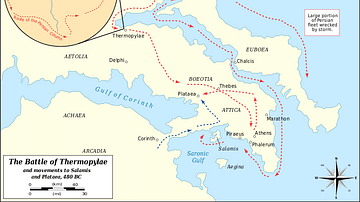
Image
Battle of Thermopylae 480 BCE
A map indicating the location and military positions taken in the Battle of Thermopylae in 480 BCE between the Persian invading forces of Xerxes I against a small Greek force led by Spartan king Leonidas. Defending the pass for three days...

Article
Herodotus in Art
Herodotus' Histories with their historical, geographical, ethnographic, and religious aspects, have always been a source of delight and interest, not only for generations of readers, students, and storytellers, but also for artists. A complete...
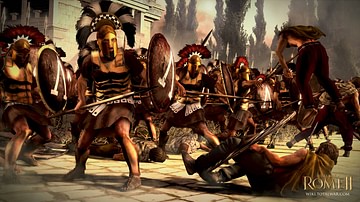
Definition
Sparta
Sparta was one of the most important city-states in ancient Greece and was famous for its military prowess. The professional and well-trained Spartan hoplites with their distinctive red cloaks and long hair were probably the best and most...
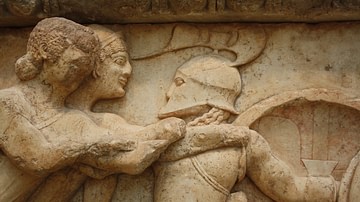
Definition
Ancient Greek Warfare
In the ancient Greek world, warfare was seen as a necessary evil of the human condition. Whether it be small frontier skirmishes between neighbouring city-states, lengthy city-sieges, civil wars, or large-scale battles between multi-alliance...
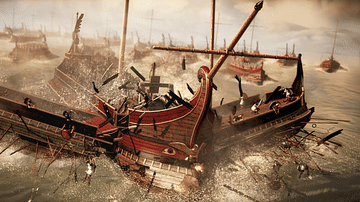
Quiz
Warfare & Battles in Ancient Greece
Darius I Cosmopolitan Delian League Diadochi Hoplite Hoplon Ionian Revolt Leonidas I Mardonius Miltiades Oblique Infantry Deployment Peace of Callias Pelopponesian League Phalanx Satrap Successor Themistocles Trireme Xerxes I